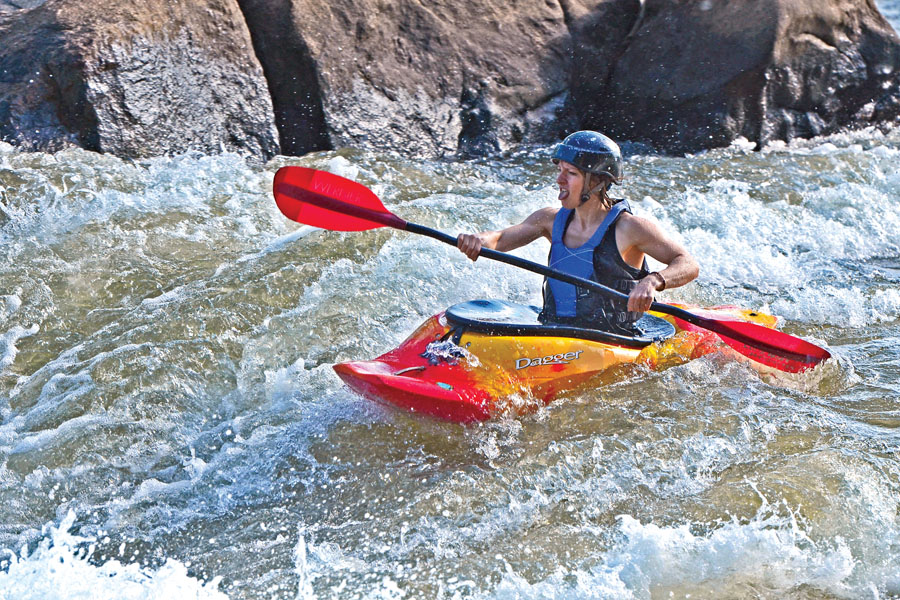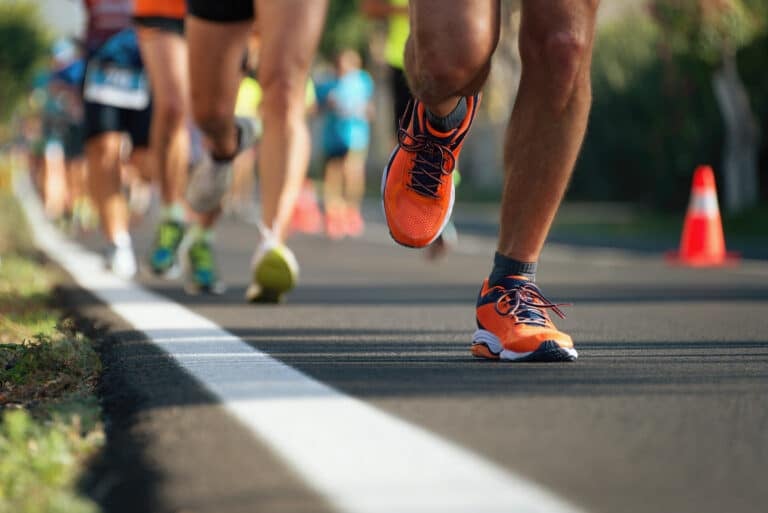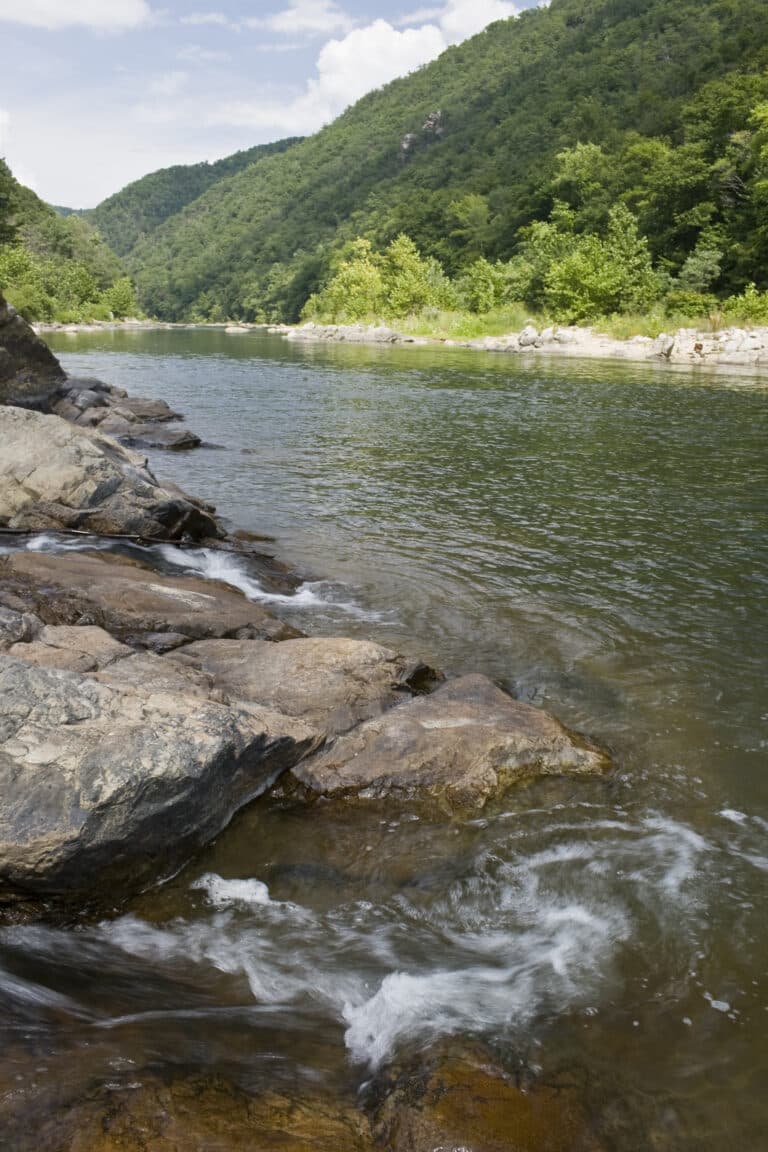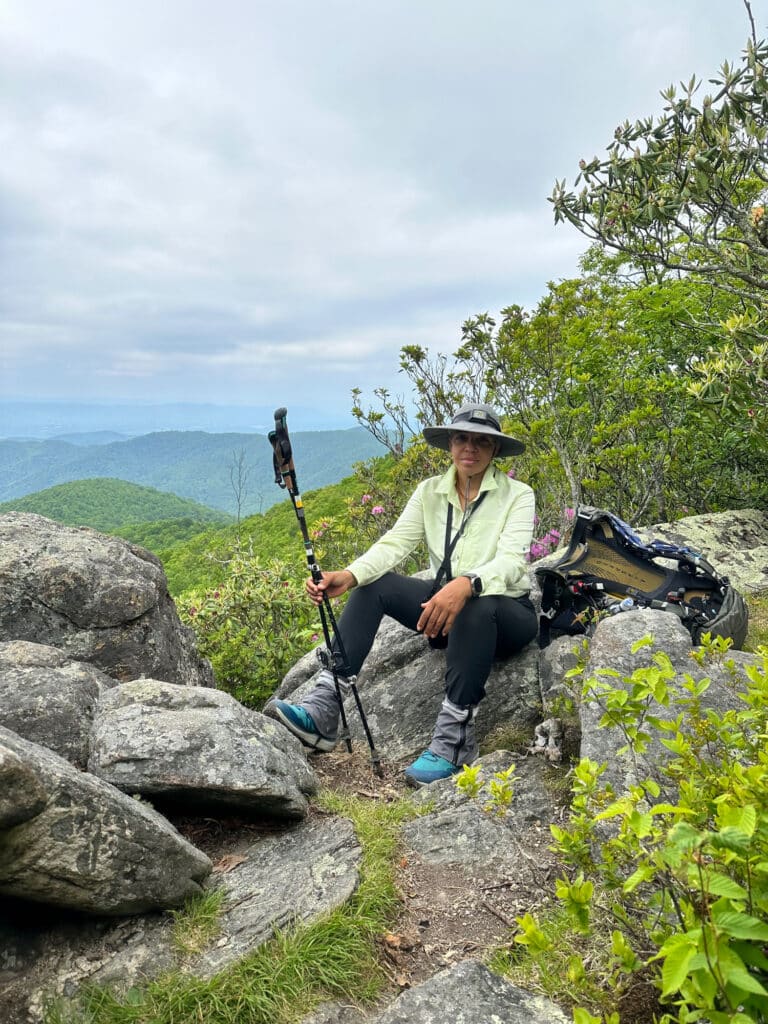I started whitewater kayaking when I was twelve years old. I warmed to it quickly, gung-ho and full steam ahead without any reservations. Like most young kids, I lived in a constant state of rash boldness. I was inclined to believe that I could rise above consequences without much effort, that I could do anything perfectly on the first try. Happily fixed in that mindset, I took to the rapids with a relish.
I started out on the James River in Richmond, where I grew up. After a season or two there, pushing through area classics like Hollywood and Pipeline, I was itching for more. I signed up for a trip to the New River Gorge with Passages Adventure Camp. I remember thinking that I was such a rock star, because this was what I chose to do with my lazy summer season instead of staying in town to lifeguard at the neighborhood pool. Self-esteem came pretty easily back then.
The New River treated me well that week. It lives up to its reputation of big, bouncy, and generally simple. My swollen ego soaked it all in like a sponge. After three successful days and five pain-free laps through those rapids, we headed off in search of a little more variety.
The Gauley River bears a lot of similarity to the New, so it’s usually a great next step for paddlers who want to add to their portfolios. I was in great shape for the run.
It turned out to be a simple mistake that broke my success streak, a hidden rock that caught my downstream edge right before a sharp turn in the river. Like every kayaker, I’d had my fair share of flips in tricky places. Unlike every kayaker, I’d always managed to come out on top—literally. I had never had a bad swim, no horror story to hide from my mom so that she wouldn’t worry. This one became my story.
The panic and the pain of that moment have stuck with me in an eerily clear way. I flipped near the middle of the rapid, right before the most technical drop through a slot between two looming boulders that guarded the flow from a menacing height.
Almost instantly, the current pulled my capsized boat into the more shallow waters alongside the river-right boulder and lured the tip of my paddle beneath a small but sticky undercut rock. My bare shoulders scraped along the stony floor until the thief took one last tug on my blade and persuaded me to release my desperate grip.
The recoil from letting go shot my bow into the boulder with a fantastic force that jerked my torso forward and back with the movement of the wave against its vertical shore. Out of breath and full of fear, I pulled my skirt and swam through the rest of the turbulence before catching one of the three rescue lines thrown toward me at the mouth of the next drop.
I gave up paddling for about five years. I would still join my dad on the occasional James River day trip, but I could only manage to take the easiest lines and the quickest runs because I was too afraid to try anything that I wasn’t completely sure of.
Even when I finally broke out of that perspective and took on harder challenges again, I pretended that the Gauley simply did not exist. I had tackled more alarming rapids and endured more heinous swims, but I couldn’t get past that sharp memory of when I had first experienced a total lack of control and understanding. Fear and luck ruled this game.
This fall, seven years after my Gauley swim, I went back. I was nervous every single day of that month leading up to the Gauley trip, every minute of the drive to West Virginia, every bump on the road to the top of the river.
Once I got out on the Gauley, my hands shook with each pull through the water, and in the opening rapids, I had trouble rallying the power that I needed to steer myself.
Then, I blinked. It was a slow blink. I closed my eyes deeply and rolled my pupils in circles behind their dark lids to help hydrate my contacts. When I opened them a few seconds later, I was in a different place on the river. I couldn’t have drifted more than ten feet down, but the space around me had changed.
I realized that water holds onto an exceptional quality of never moving in the same manner twice. In the time it takes to blink, fast or slow, the river transforms entirely. I can’t control the water, but I couldn’t assume that it would treat me the same way again either. Every second on the river exists as its own individual entity, and I needed to accept that gamble and that imperfection in order to take back my love for the sport.
For seven years, I’d needed to prove something to myself by getting back on that river. I had needed to show myself that bad days don’t have to be the last days, and that perfectionism only means being powerless in the name of false victory. On all the occasions that I’ve been truly victorious, I’ve been terrified and exhausted and defeated up until the very end. Now, the good fight is my favorite part, because that’s where all the life is. That is the part that I want to remember.
[divider]More from Blueridgeoutdoors.com[/divider]








